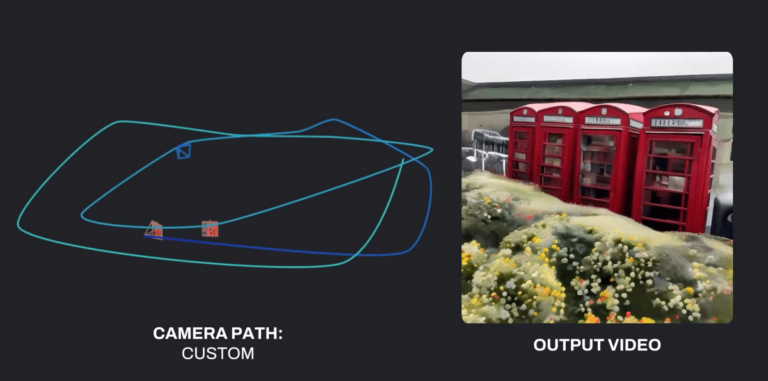Europe Stands Firm: Rejects Pressure from Trump to Abandon AI Liability Regulations
The recent developments regarding AI regulation in the European Union have sparked significant discussions among policymakers and tech advocates. The EU has decided to withdraw from certain tech regulations, specifically the AI Liability Directive, which has raised questions about the motivations behind these changes.
EU’s Decision on AI Liability Directive
The European Union has firmly denied claims that its decision to abandon the AI Liability Directive was influenced by external pressures, particularly from the Trump administration. This 2022 draft law was designed to facilitate consumer lawsuits for damages caused by AI-driven products and services.
Focus on Competitiveness and Reduction of Bureaucracy
In an interview with the Financial Times, Henna Virkkunen, the EU’s digital chief, explained that the primary reason for scrapping the AI liability proposal was to enhance competitiveness within the bloc. The EU aims to achieve this by cutting through bureaucracy and reducing red tape.
Future of AI Regulation in the EU
Looking ahead, the EU plans to introduce a new code of practice on AI, which will be associated with the existing EU AI Act. This code will streamline reporting requirements to align with the current AI regulations, thereby simplifying compliance for businesses.
U.S. Warnings and Future Plans
On the other side of the Atlantic, U.S. Vice President JD Vance recently addressed European lawmakers at the Paris AI Action Summit. He urged them to reconsider their approach to technology regulation and to embrace the potential of AI, emphasizing the importance of collaboration in seizing the “AI opportunity.”
Looking Ahead: The 2025 Work Program
Following Vance’s speech, the European Commission unveiled its 2025 work program, which emphasizes a vision for a “bolder, simpler, faster” Union. The document confirmed the cancellation of the AI liability proposal while outlining plans to foster regional AI development and adoption.
- Emphasis on Competitiveness: The EU aims to enhance its position in the global tech landscape.
- Streamlined Regulations: New codes of practice to ease compliance for AI businesses.
- Focus on Collaboration: Encouraging partnerships between the EU and the U.S. in the AI sector.
As the landscape of AI regulation continues to evolve, both the EU and the U.S. will play crucial roles in shaping the future of this transformative technology. Stay informed about the latest updates in AI policy by visiting our AI Regulations page.







